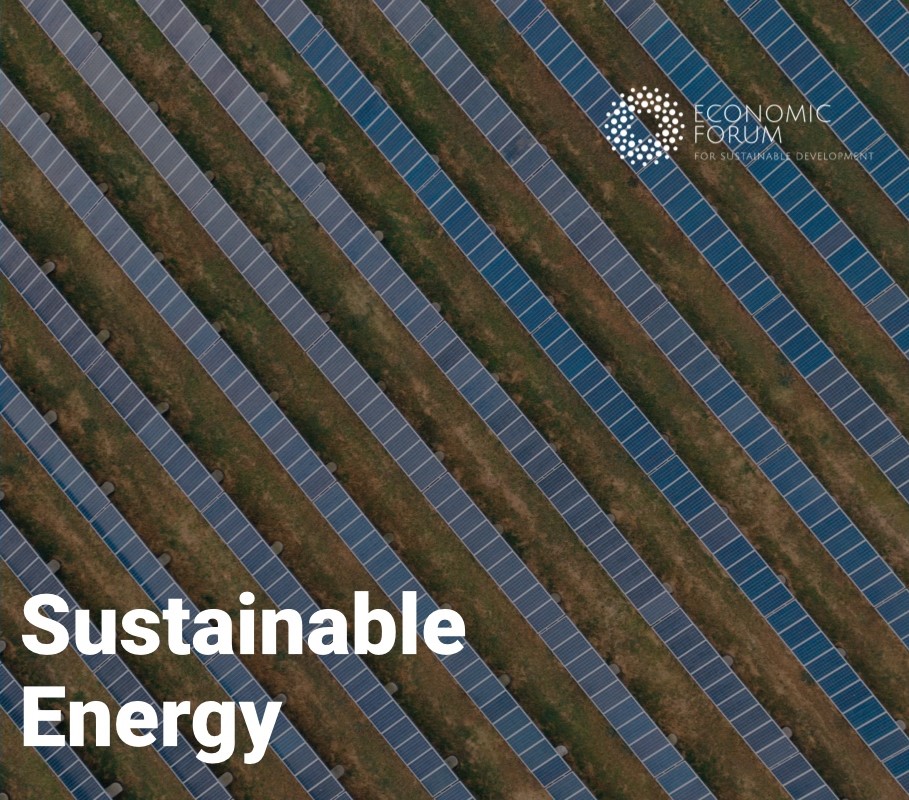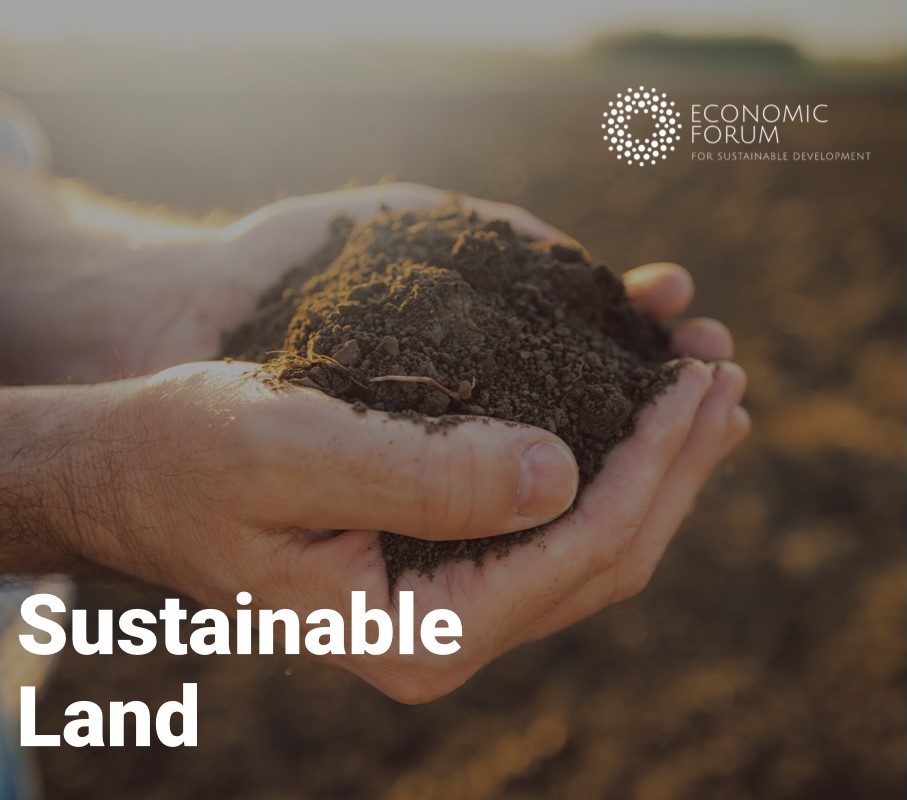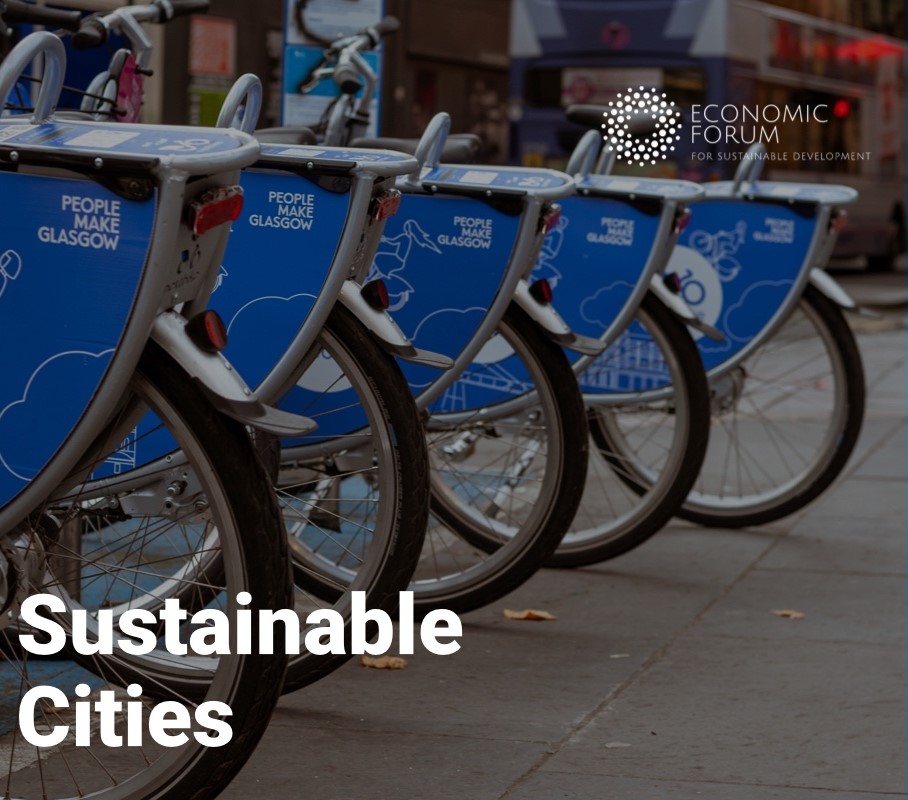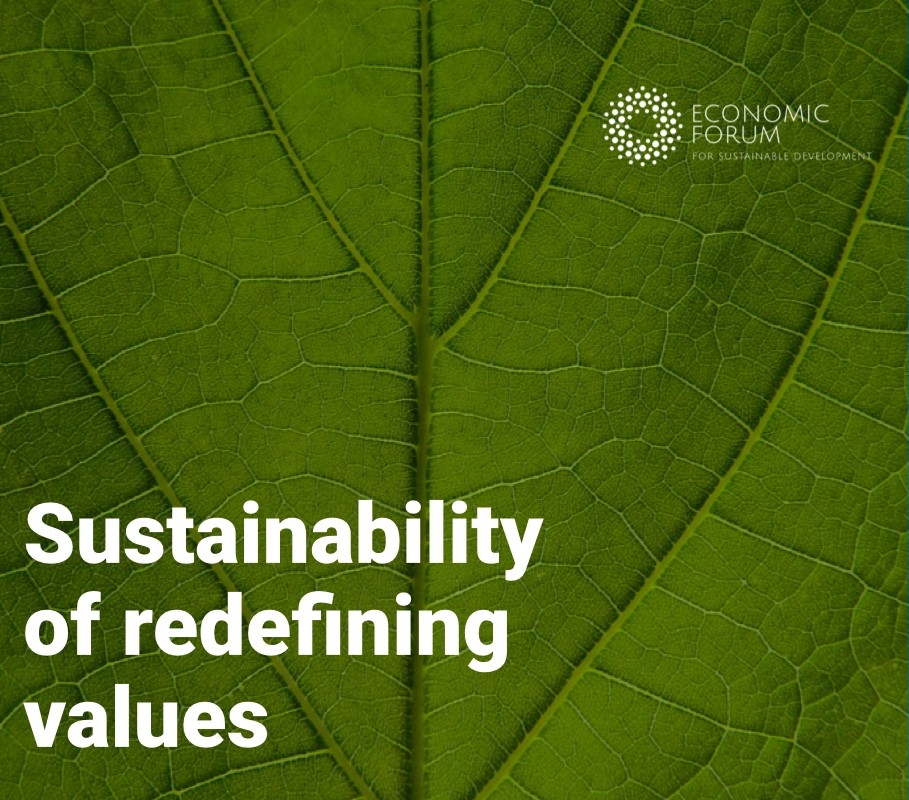Sustainable Energy
The Economic Forum for Sustainable Development (EFSD) is an international organization that works to promote sustainable development and address global challenges related to economic, social, and environmental issues. One of the key areas of focus for the EFSD is sustainable energy, as access to reliable and affordable energy is essential for driving economic growth and improving the quality of life for people around the world. To address sustainable energy topics, the EFSD brings together experts and decision-makers from a variety of sectors, including governments, businesses, civil society organizations, and international organizations. The organization works to identify and assess the challenges and opportunities related to sustainable energy and to develop and promote policy recommendations and strategies for addressing these issues. One key area of focus for the EFSD in terms of sustainable energy is the transition to renewable energy sources. The organization works to support the development and deployment of technologies such as solar, wind, and hydroelectric power, which can provide clean and reliable energy while reducing greenhouse gas emissions and mitigating the impacts of climate change. The EFSD also works to promote energy efficiency and conservation, as well as the development of infrastructure and regulations that support the adoption of renewable energy technologies. In addition to promoting the transition to renewable energy, the EFSD also works to address issues related to energy access and affordability. Many people around the world still lack access to electricity, and even those who do have access may struggle to afford it. The EFSD works to promote policies and programs that help to increase energy access and affordability, particularly in developing countries. Overall, the EFSD plays a critical role in addressing sustainable energy topics and promoting the transition to a more sustainable and equitable energy system. Through its work with stakeholders from around the world, the organization helps to identify and address the challenges and opportunities related to sustainable energy and to develop and promote policies and strategies that support the transition to a more sustainable future.
Read moreSustainability of Food and Land-use
The Economic Forum for Sustainable Development (EFSD) is an international organization that works to promote sustainable development and address global challenges related to economic, social, and environmental issues. One of the key areas of focus for the EFSD is the sustainability of food and land use, as these issues are critical for ensuring the long-term well-being of people and the planet. To tackle food and land use sustainability, EFSD brings together experts and decision makers from a extensive range of sectors, including governments, businesses, civil society organizations and international organizations. This organization identifies and assesses the challenges and opportunities related to these issues and works to develop and advance policy recommendations and strategies to address them. A key sphere of focus for the EFSD in terms of the sustainability of food and land use is the need to increase food production to meet the growing demands of a growing global population. At the same time, however, it is essential to ensure that food production is sustainable and does not undermine the long-term viability of the land and natural resources upon which it depends. To address this challenge, the EFSD works to promote the adoption of sustainable agriculture practices, such as precision farming and conservation agriculture, which can help to increase food production while minimizing negative environmental impacts. In addition to promoting sustainable agriculture, the EFSD also works to address issues related to land use and land management. This includes efforts to protect and restore forests, grasslands, and other natural habitats, as well as efforts to promote the sustainable use of land for agriculture, urban development, and other purposes. The EFSD also works to promote policies and programs that support the conservation and restoration of soil health, as well as efforts to address the impacts of climate change on land use and food production. The EFSD plays a critical role in addressing the sustainability of food and land use and promoting the long-term viability of these resources.
Read moreSustainable means Cities and Mobility
Another key area of focus for the EFSD is sustainable cities and mobility, as these issues are critical for improving the quality of life for people around the world and reducing the environmental impacts of urbanization. To address sustainable cities and mobility issues, the EFSD brings together experts and decision-makers from a variety of sectors, including governments, businesses, civil society organizations, and international organizations. The organization works to identify and assess the challenges and opportunities related to these issues and to develop and promote policy recommendations and strategies for addressing them. The focus for the EFSD in terms of sustainable cities and mobility is the need to reduce reliance on private vehicles and promote the use of alternative modes of transportation. This includes efforts to promote the use of public transportation, such as buses, trains, and subways, as well as efforts to support the adoption of non-motorized modes of transportation, such as biking and walking. The EFSD also works to promote the development of infrastructure and regulations that support the adoption of these alternative modes of transportation, such as bike lanes and pedestrian-friendly streets. In addition to promoting alternative modes of transportation, the EFSD also works to address issues related to the sustainability of urban development and land use. This includes efforts to promote compact, walkable, and mixed-use development patterns, as well as efforts to preserve green space and natural habitats within cities. The EFSD also works to promote the use of sustainable materials and technologies in the construction and operation of buildings and infrastructure, as well as efforts to reduce energy consumption and greenhouse gas emissions in the urban environment. Overall, the EFSD plays a critical role in addressing sustainable cities and mobility issues and promoting the transition to a more sustainable and livable urban environment.
Read moreSustainability of Redefining values
One of the key areas of focus for the EFSD is the sustainability of redefining values, as this issue is critical for ensuring that economic and social development is aligned with the long-term well-being of people and the planet. The EFSD role in terms of the sustainability of redefining values is the need to shift societal values and priorities away from a focus on economic growth and material consumption and towards a focus on sustainability and well-being. This includes efforts to promote values such as equity, justice, and respect for the environment, as well as efforts to support the development of policies and practices that reflect these values. In addition to promoting values that support sustainability, the EFSD also works to address issues related to the measurement and evaluation of economic and social progress. This includes efforts to develop alternative indicators of well-being, such as the Gross National Happiness index, which takes into account a broader range of factors beyond traditional measures of economic growth. The EFSD also works to promote the integration of sustainability considerations into decision-making processes at all levels, including business, policy, and individual decision-making. Overall, the EFSD plays a critical role in addressing the sustainability of redefining values and promoting the transition to a more sustainable and equitable future.
Read more



